Reserve your seat at the hottest tables in town! – DON’T MISS OUT – BOOK NOW!
Pearls of Practice is a *NEW* exclusive interactive session where seasoned mentors from various fields share their invaluable insights and wisdom around a range of topics. For the first time, Summit delegates have the unique opportunity to pick some of these brains in this special hour-long round table mentoring session. Designed as an intimate 20 minute gathering, Pearls of Practice gives you the opportunity to take a seat at a total of 3 tables during the 1 hour session.
Pearls of Practice is ONLY available for Summit delegates* to attend. As these are intimate mentoring sessions to small numbers, please consider fellow delegates and only book if you intend on joining the table.
How to secure your spot: Take a look at the list of topics below and choose a maximum of three tables that you’d like to take a seat at. Scroll down to the bottom of the page, log in or fill in your name and email address. On the next screen you will see the various ticket types available. Click on the ‘Pearls of Practice’ ticket type and click next. You can then select your 3 preferred tables from the list. When you submit your registration, you will receive a confirmation email. A personalised Pearls of Practice schedule will also be given to you at the check-in desk at the venue. IMPORTANT: If you reserve a spot at more than 3 tables, NHAA will cancel any additional tables booked over the maximum allowance of 3 without further correspondence.
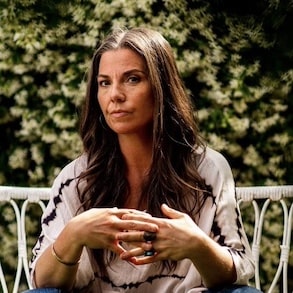
Table 1 – ‘Words and herbs’ – with Gemma Davies
How to create engaging content and use social media to your advantage
Availability: Good
Join Gemma Davies, specialist naturopathic and botanical writer at her table for a rapid-fire jam on tips for creating engaging, original content and making sure it’s seen and loved.

Table 2 – ‘It’s all in the Genes’ with Carolyn Ledowsky
How an understanding of genetics can help improve patient outcomes
Availability: Only 2 spots left!
Carolyn’s mentoring table will focus on finding out how differently we might prescribe when considering genetic susceptibility for our patients. There is a shift in the questions you might ask or the supplements you might prescribe. Carolyn will share with you her cheat sheet for the key genes to consider for all patients and why they are important.

Table 3 – ‘The first six weeks and beyond’ with Kathleen Murphy
Top tips for important postpartum care
Availability: Good
Join Kathleen for an interactive discussion of the key considerations when supporting new mothers (and their partners/families) through the postpartum continuum. This includes an understanding that ‘postpartum’ extends well beyond the standard first six-to-twelve weeks. Highlighting the significant physiological, social and emotional shifts that occur in the weeks and months following birth; and discussing strategies to provide the most appropriate support with naturopathic and herbal medicine.

Table 4 – ‘Who doesn’t love FREE stuff?!’ with Rachel Arthur
The place of pathology interpretation in naturopathic practice
Availability: Booked out!
Patient out of pocket expenses need to be more moderate than ever during this cost of living crisis, so are you making the absolute most of the ‘free stuff’? Most patients have a goldmine of pathology results ‘somewhere’. And the only ‘cost’ to them is doing the legwork to track them down and provide you with access to these. The ‘cost’ to you is the time it takes to organise them and optimise your insights from them.The overwhelming majority of pathology investigations require repetition, to confirm reliability, to establish patterns and to measure change with any intervention. How often can your patient afford to repeat that ‘fancy functional test’? Yet routine labs (about 30 or so individual results!) are just that, routinely performed in general practice without patients needing to meet any specific criteria. And as long as we know how to communicate good ‘collection conditions’ with our patients, provide us with robust evidence, understanding and insights. There are also new ways for our patients to access blood test referrals that further reduce barriers and costs that can also be easily incorporated into our comprehensive care model.
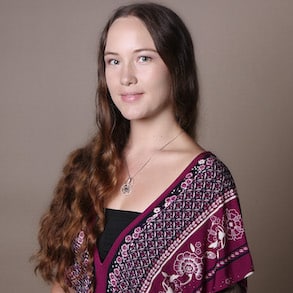
Table 5 – ‘Both ends of the spectrum’ with Dr Hope Foley
The relationship between practice and research
Availability: Good
At her mentoring table, Hope explores the interface between naturopathy and herbal medicine research, discussing the value that innovative and participatory research methods can bring to the profession. The importance of grassroots practitioner and patient perspectives, traditional knowledge and holism are centred in this exploration of research through the naturopathic lens. Join this round-table session for an up-date on the naturopathic research landscape and the various pathways for practitioner engagement.
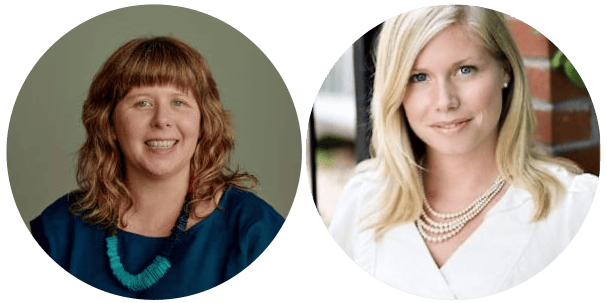
Table 6 – ‘Our associations need you!’ with Hannah Boyd & Tobey-Ann Pinder
Ways to get involved with the NHAA and WNF
Availability: Good
Take your seat at the table with NHAA President Hannah Boyd and World Naturopathic Federation President Tobey-Ann Pinder and discuss how the Australian Naturopathic & Herbal Medicine profession collaborates nationally and internationally to promote your work. Lets workshop upcoming strategic projects and explore how you can be involved.
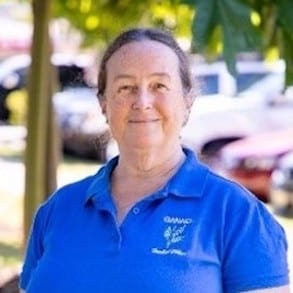
Table 7 – ‘Taking it to the street!’ with Kerrie Oakes
Building a community practice – where do I start?
Availability: Good
Join this table for a Q&A with Kerrie about establishing a community herbal practice. Drawing from the examples outlines in her Summit presentation, you’ll have the opportunity to do a deep dive with Kerrie discussing some of the considerations that go into working with your community to set up a community clinic – regardless of the situation. Get set to gain a deeper insight into this exciting way of practicing herbal medicine.
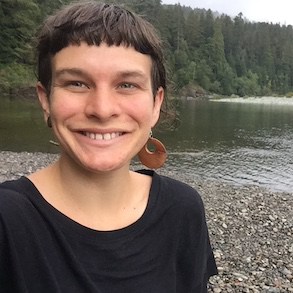
Table 8 – ‘Connecting to our medicine’ with Monica Francia
Conscious sourcing, growing and medicine making
Availability: Good
The first step towards a more resilient medicine system is having a strong connection to our herbs and where they come from. At this table, Monica will discuss tips for growing and sourcing herbs sustainably to stock our dispensaries (even if we start with only 1%) with ethically sourced medicine we have a connection and relationship with.
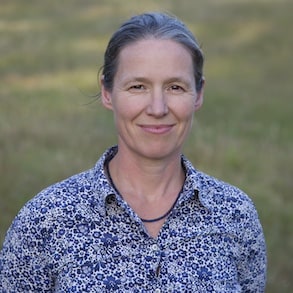
Table 9 – ‘That might be normal’ with Dawn Whitten
Common infant/young child findings that may distract, distress and disorient parents and practitioners
Availability: Good
Take a seat at this mentoring table where Dawn will cover seven to ten common infant presentations or test results that are often misidentified as dysfunction when they may be normal. These potential normal findings can be the reason patients seek our care, or can be part of the narrative parents share with us alongside abnormal findings that need to be teased out and understood.
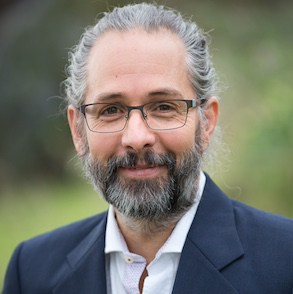
Table 10 – ‘All bogged up’ with Dr Jason Hawrelak
Tips and tricks to tackle tough constipation cases
Availability: Booked out!
Constipation is one of the most common gastrointestinal presentations we’ll see in our practices. It often results in GI symptoms of bloating, distension, and abdominal pain, and over time, can result in haemorrhoids and anal fissures. Constipation is also a common driver of other systemic symptoms, such as headaches, brain fog, and fatigue and is increasingly being seen as a key contributor to a range of chronic diseases. In this session, we’ll highlight the key foundational interventions in treating constipation and focus on tools and techniques to help with those tough, less-responsive cases.
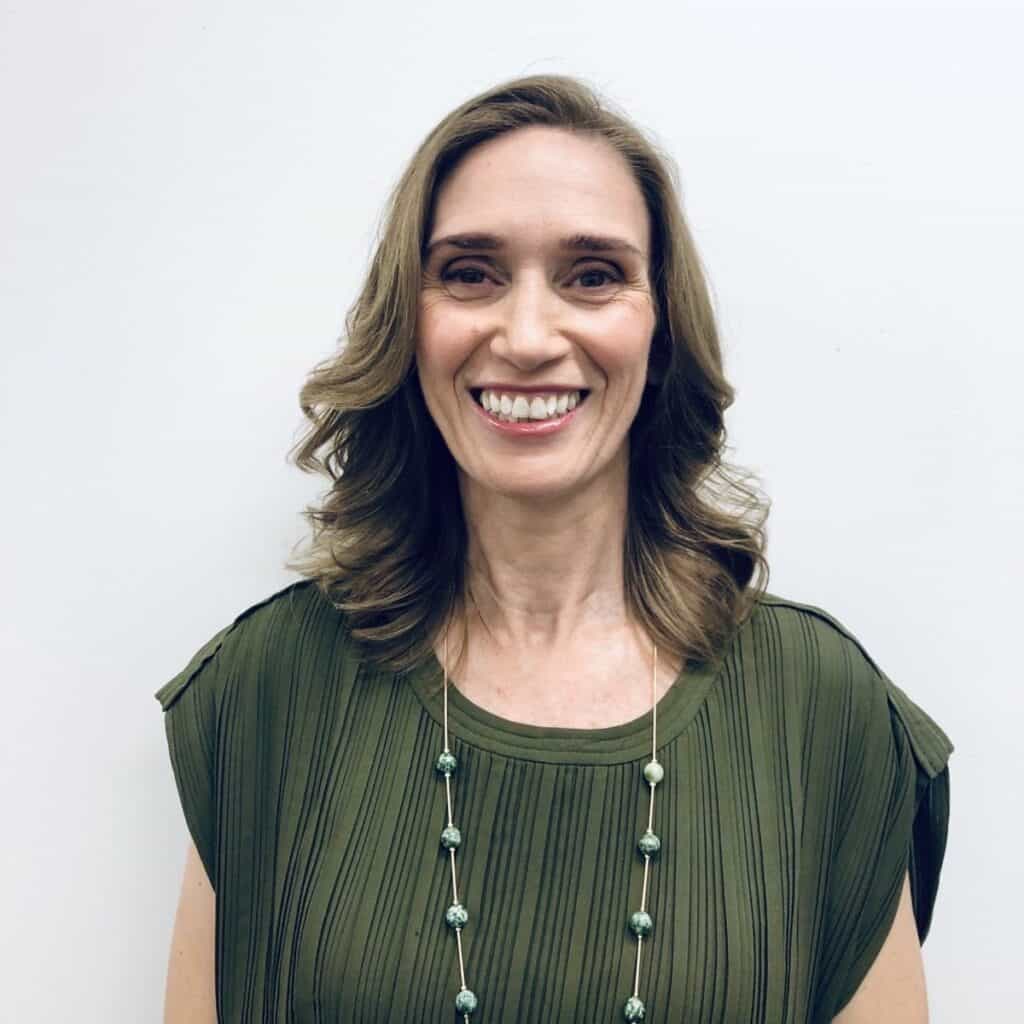
Table 11 – ‘Virtuality’ with Tracelee Shew
Navigating virtual naturopathic and herbal patient centred care
Availability: Good
Join this table for an opportunity to engage in conversation on the evolving landscape of virtual healthcare. We will delve into delivering naturopathic and herbal care in an online setting, while maintaining patient-centered care. Discussions will be around the complexities of virtual consultations, how we integrate traditional healing with digital platforms, and the need to adapt to the changing preferences of patients.
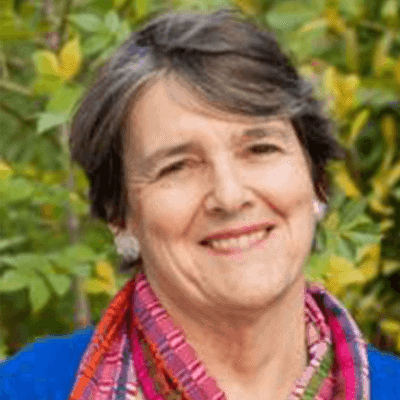
Table 12 – ‘Keeping it real’ with Dr Sue Evans and Friends
The realities of herbal sustainability in practice
Availability: Good
The evidence is that globally, our plant allies are threatened by climate change and over-harvesting. Here in Australia supply chains are usually mysterious and often impenetrable. How should we, as herbalists, respond? How do we become part of the solution, rather than part of the problem? Join the folks from the Special Interest Group (SIG) on Sustainability and the Environment to talk about practical steps that we can all take.
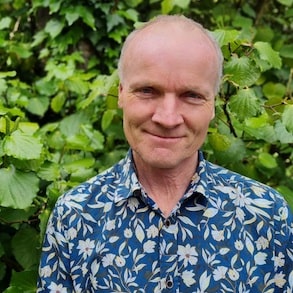
Table 13 – ‘Quality v’s quantity’ with Phil Rasmussen
Incorporating more locally grown plants into our clinical practice
Availability: Good
This will be a practical mentoring round-table for practitioners wanting to learn more about and use plants growing in their local environment. Join this session to get the tools to help select, identify, harvest and process some of these into safe and efficacious preparations.
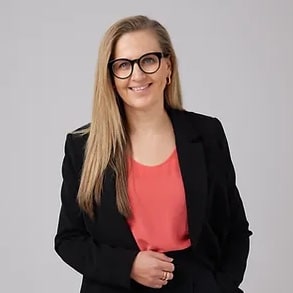
Table 14 – ‘1 + 1 = 3’ with Rhiannon Hardingham
Influencing sex hormones with herbal medicine for complex reproductive cases
Availability: Booked Out!
At her mentoring table Rhiannon will highlight effective clinical application of herbal medicines to positively influence female sex hormones, and thus optimising fertility outcomes. Rhiannon’s education focuses on the precise, informed use of herbal medicines to influence hormonal outcomes, allowing for confidence in clinical use of specific medicines for complex reproductive cases.

Table 15 – ‘One in four’ with Sonya Byron
Supporting women clients experiencing intimate partner abuse and violence (IPAV)
Availability: Good
IPAV affects 1 in 4 women in Australia of every age, cultural background and socioeconomic class. So it’s vitally important that practitioners feel confident to recognise the signs that clients may be experiencing abuse and violence in the home and to respond appropriately. At this practical and interactive mentoring table with Sonya Byron the following will be considered – some of the obvious and not so obvious signs of IPAV, questions to ask (and not ask!) your clients, how to respond safely and appropriately to disclosures of abuse and violence, referral pathways that every practitioner should be aware of, and free educational resources to improve your knowledge and skills in this area.

Table 16 – ‘Counter Encounters’ with Renae Scott & Jo Morgan
Engaging in and managing over-the-counter consultations in the apothecary
Availability: Good
Are you interested in apothecary style over-the-counter consults? Secure your seat at this table as Renae and Jo discuss the challenges and delights in conducting over-the-counter consultations. How to ensure ‘safety’ for both the patient and the practitioner. Renae and Jo will review converting the complex over-the-counter encounter into a clinic consult, converting your regular clients to come in for the acute consult, managing the acute consult client on medications, and, keeping your over the counter consult records.

Table 17 – ‘Let’s get together’ with Kathy Ferris
Creating engaging and inspiring events
Availability: Good
Are you currently planning an event and need some fresh ideas or are you thinking of producing your own event but not sure where to start? Do you have some ideas you’d like to share for future NHAA events? Take a seat at Kathy Ferris’ mentoring table as she shares over 30 years of event production experience. This is your association and we encourage you to join in and contribute to shaping future NHAA events.

Table 18 – ‘A new frontier’ with Dr Michael Thomson
AI in clinical practice
Availability: Good
Book a spot at Michael’s table as he takes you though an exploration of AI, patient retention strategies, and ageing clocks in the context of naturopathic practice. Thomsen introduces AI’s potential to extract valuable biofeedback insights from blood tests, improving diagnostic capabilities. He discusses how epigenetic drift relates to chronic disease and cancer and introduces ageing clocks as tools for assessing biological age.
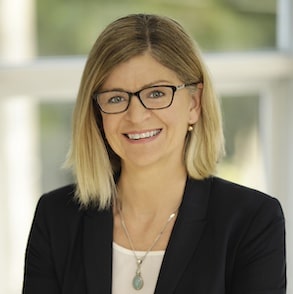
Table 19 – ‘Navigating oncology’ with Dr Janet Schloss
Patient-centred care in oncology
Availability: Good
Come join Janet in unpacking patient-centred care with oncology patients. Focusing on patient-centred care instead of just the disease and treatment can impact cancer patient’s and their carers and family perceptions and outcomes in many different ways. One of the biggest issues with people undergoing treatment for cancer is being treated like a number and don’t always feel heard, or have their issues addressed. Engagement, trust, empowerment, self-efficacy, communication, feeling supported and heard are all important steps that practitioners need to develop with patients. Its about building the strategies that are patient-orientated and centred on the patients needs that can help improve overall outcomes and quality of life. Join this round table for a deep dive into patient care.
* Pearls of Practice is available for delegates only to attend. Not open for exhibitors to attend.